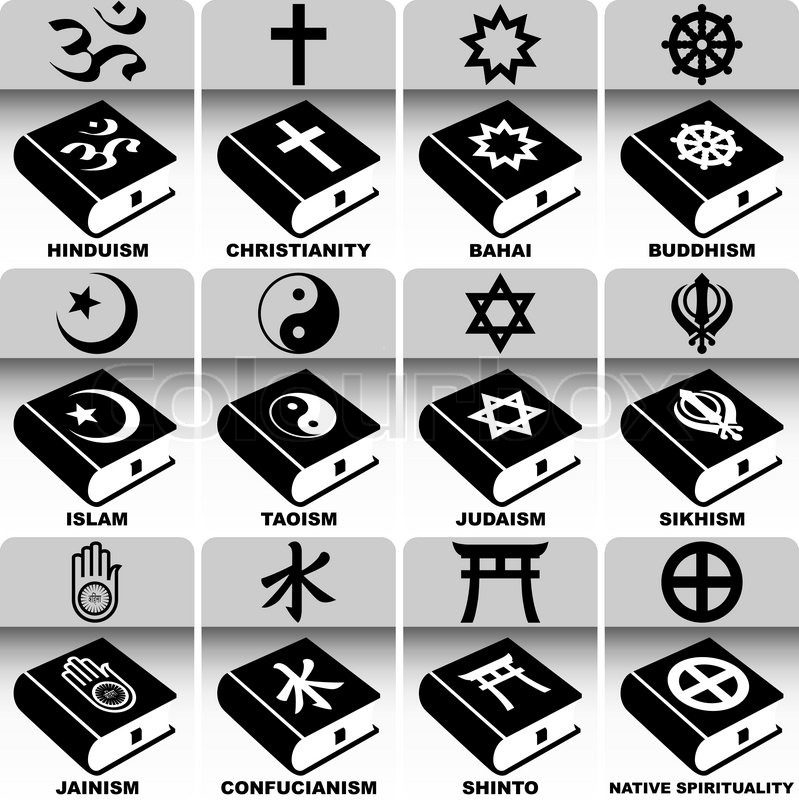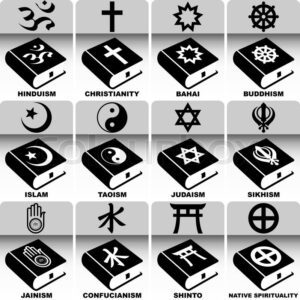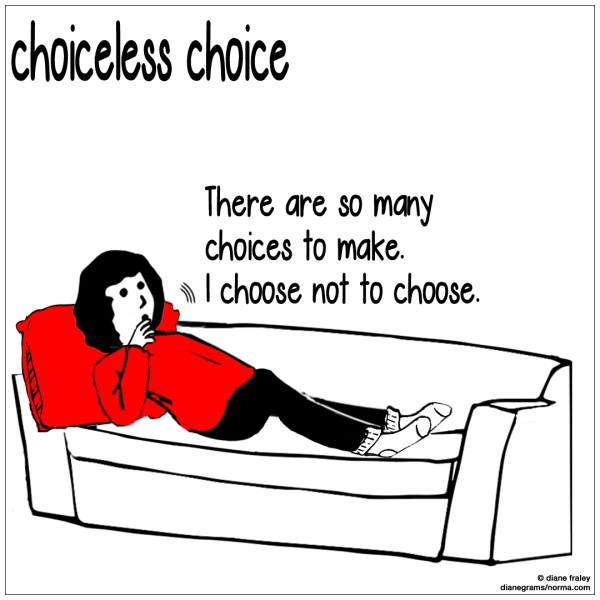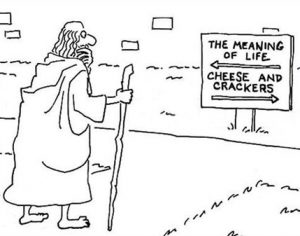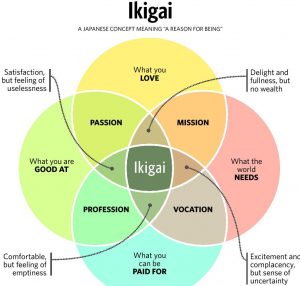 The invisible and its relationship to truth value
The invisible and its relationship to truth value
I bought a book today Ikagai
Ikagai the Japanese way of finding purpose in your life. Japanese culture is very different from Western culture in that there is no hurry, there is no desire trap, no teaching to imagine in detail what you want, live in your head… etc.
Here are the five principles of Ikigai: living with joy every day. Step dancing to work, as Tai Lopez would say:
Awakening Your Ikagai by Ken Mogi (Truth value: 30%) explains that Ikigai (roughly described as the pleasures and meanings of life) has 5 Pillars:
- 1 – Starting small; focusing on doing a certain thing (or part of a thing) very well
- 2 – Releasing yourself from bondage, from the should’s and have-to’s; accepting who you are, and allowing yourself to be open to your place in the greater community
- 3 – Harmony & sustainability – recognizing that the permanence of anything includes getting along with and relying on others, doing small things well/beautifully
- 4 – The joy of small things – appreciating the sensory pleasure of everything around you
- 5 – Being in the here and now – living in this moment now
Ikagai is what logotherapy invented by Victor Frankl in the Nazi concentration camp… and more. Really a way to live that feels like it matters.
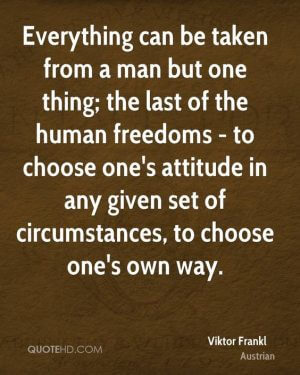 It really doesn’t matter whether you matter or not for the quality of your life. Many people matter, and yet feel bad about their lives. What matters is what you FEEL.
It really doesn’t matter whether you matter or not for the quality of your life. Many people matter, and yet feel bad about their lives. What matters is what you FEEL.
I, for example, probably don’t matter. But I have managed to create IKAGAI for my life, that allows me to enjoy it, enjoy myself, and make my life closest to an art form.
Ikagai for business on creating a purpose, both individually, and for a business.
I have just started reading it… I measured its truth value. It’s 20%.
And then I had the idea of asking a different question I have been meaning to ask: How much of the missing 80% is something that the person doesn’t say, cannot say, because he doesn’t know? And it was high: 70%. And the remaining 10% is just simple untruth, mistake, wrong knowledge.
Then I got a report from one of my students/accountability partners. He says:
I spent some time pondering.
I saw the value and the importance of seeing things for myself, taking time to gather my own evidence to support views, to make it my own. To keep moving towards clarity. Otherwise, I’m just repeating memes, i.e. lying. The difference between assessment and assertion
My heart smiled. He is getting it. His truth value is growing.
99% of the world repeats memes, Tree of Knowledge, that they have no personal evidence for, experience about, they just words that maybe even the writer or the speaker is just repeating. Utterances. But they are repeating “truth”… and in their mouths the truth becomes a lie.
And it isn’t just Bible thumping folks, it is university professors, PhD’s, doctors, gurus, healers… and not the least: you. Continue reading “Truth value: what am I looking at to come up with a number?”
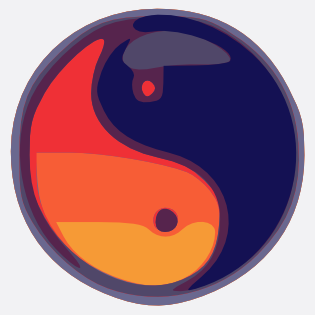
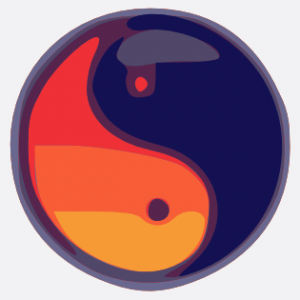 I have written about it, I have even quoted Lao Tsu: Because of great love one is courageous. Lao Tsu taught effortless action, which is in line with Life, he calls Tao.
I have written about it, I have even quoted Lao Tsu: Because of great love one is courageous. Lao Tsu taught effortless action, which is in line with Life, he calls Tao.


